T4K3.news
ADHD sleep patterns signal in adults
Experts describe how night-time habits may reveal ADHD and offer practical steps to improve rest.
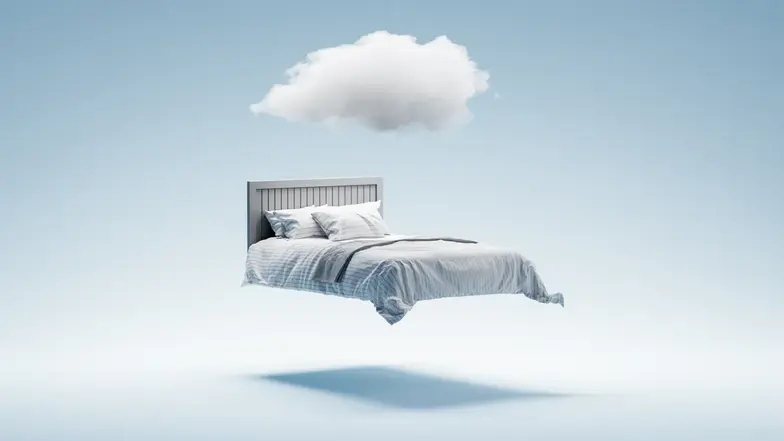
Experts outline how sleep patterns can reveal ADHD in adults and offer strategies to improve rest.
Sleep Habits That Signal ADHD In Adults
An analysis of sleep patterns linked to ADHD in adults outlines several recurring behaviors that go beyond caffeine or stress. The seven habits include sleeping and waking at atypical times, difficulty turning off racing thoughts at night, trouble waking up despite enough sleep, reliance on screens to calm the mind, bedtime procrastination, frequent middle-of-the-night awakenings, and oversleeping on days off. Experts say a delayed circadian rhythm can come with a late release of melatonin, which keeps the brain alert at nontraditional hours.
Experts recommend practical steps such as getting natural light in the morning, reducing blue light at night, and building a consistent wind-down routine. They favor gradual adjustments to wake times, calm pre-sleep activities like reading or stretching, and using cues to mark the transition to sleep. The goal is to improve sleep quality while avoiding mislabeling symptoms as laziness or depression, a risk as ADHD diagnoses rise among adults.
Key Takeaways
"The delayed melatonin release makes it harder to feel sleepy at conventional times."
Explains a core mechanism linking ADHD and sleep
"In the evening, reducing blue light exposure and maintaining a consistent wind-down routine can reinforce shifts."
Strategy for better sleep alignment
"Low dopamine and norepinephrine levels in the morning can also lead to grogginess."
Morning wakefulness and motivation
"If you’re awake for 15 to 20 minutes, get out of bed and do a quiet, dim-light activity."
Guidance for middle-of-the-night wakeups
This piece reflects a broader shift toward treating sleep issues as part of mental health care. As ADHD diagnoses rise among adults, sleep struggles are increasingly seen as signals rather than mere annoyances. The advice is practical, but it also highlights gaps in health care where sleep medicine and ADHD assessment do not always align.
Taken alone, sleep tips can help, but they are not a substitute for formal assessment. There is a risk of misdiagnosis if sleep problems overshadow the broader cognitive and emotional patterns of ADHD. The article also raises questions about access to care and the need for coordinated sleep and ADHD services.
Highlights
- The ADHD brain loves late hours and fights strict schedules.
- Morning light is the strongest cue to reset a wonky internal clock.
- Wind down with calm evenings and real sleep follows.
- Sleep is a daily performance and deserves its own routine.
Restful sleep is a practical step toward clearer focus and steadier days.
Enjoyed this? Let your friends know!
Related News
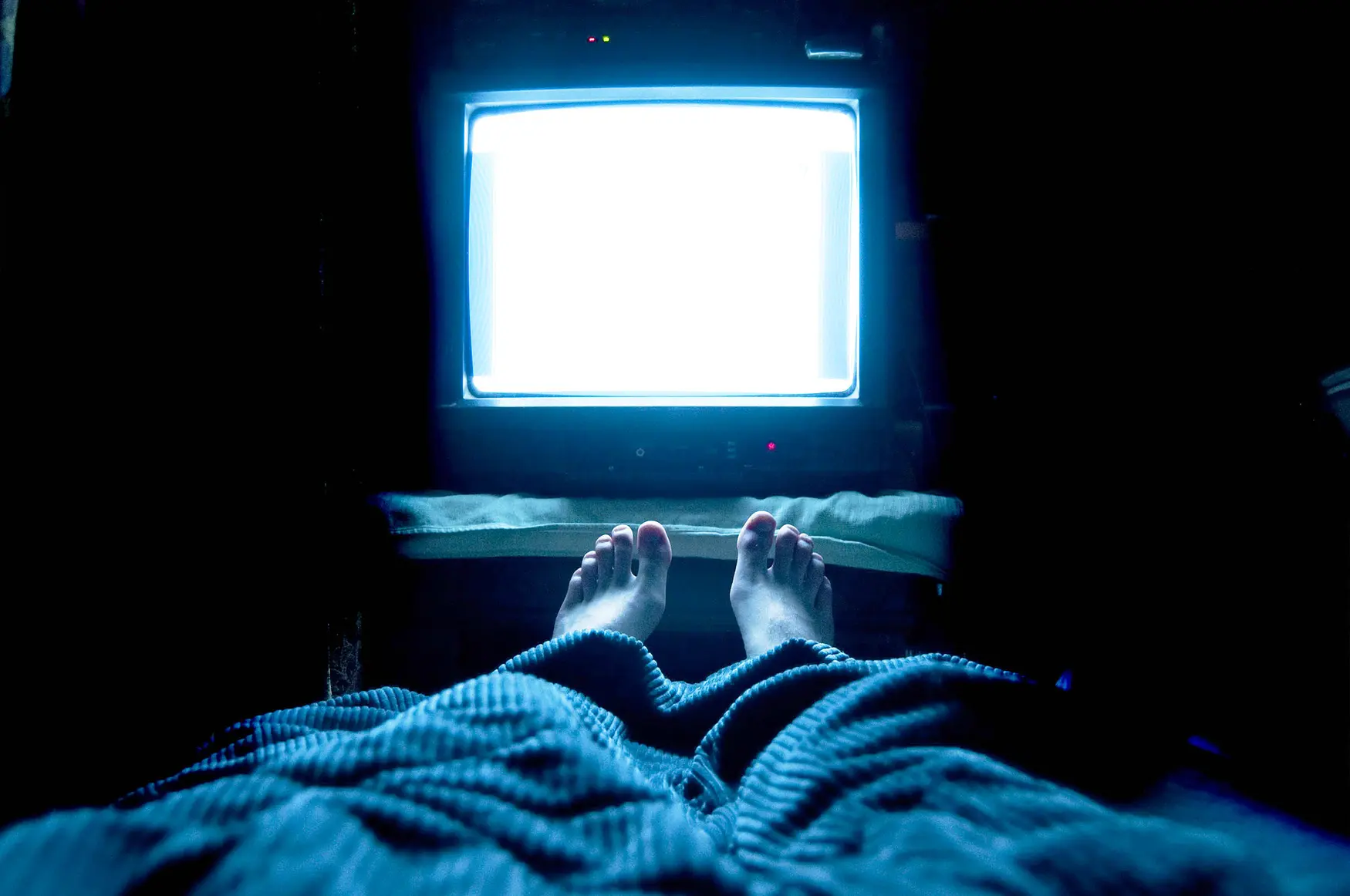
Research links bright night lights to heart issues
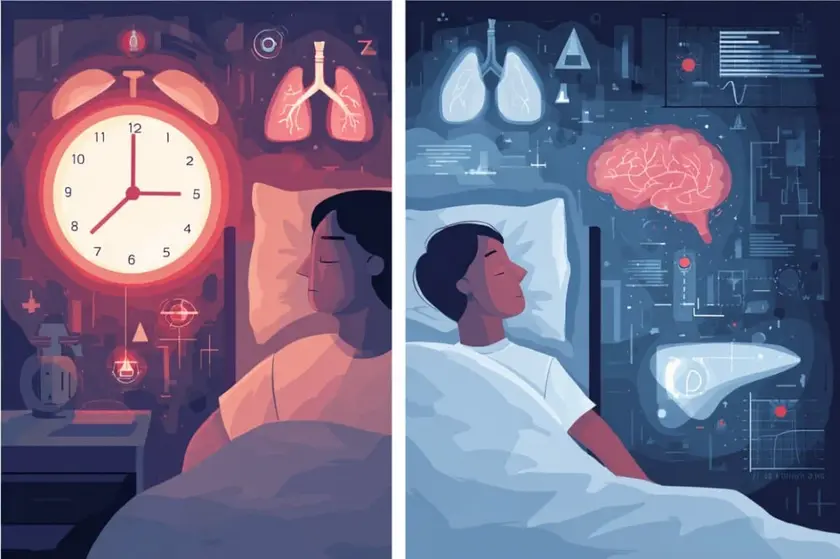
Irregular Sleeping Patterns Linked to 172 Diseases

Growing awareness of ADHD triggers

New study links dieting to worsening depression
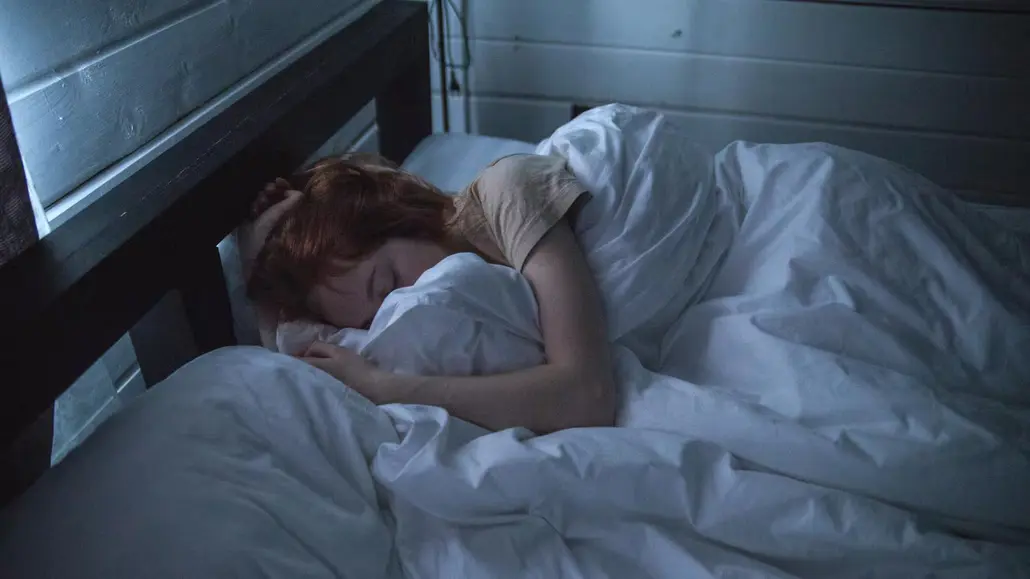
Summer Blanket Use and Sleep Health

Smartwatches misread stress, study finds
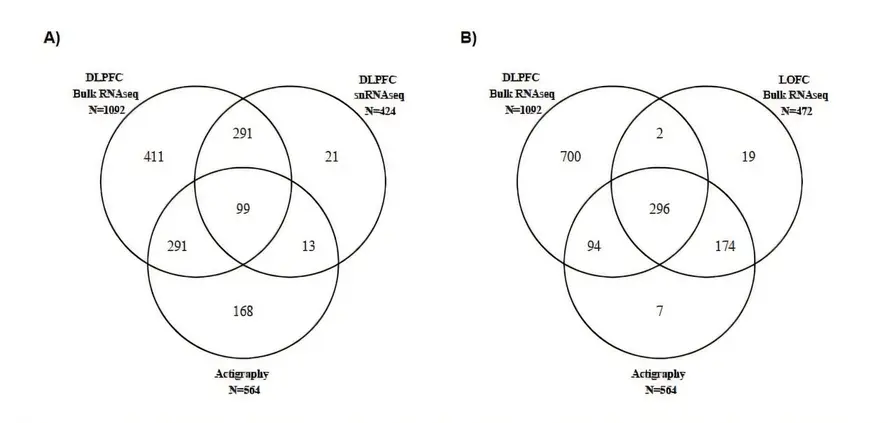
New study links disrupted sleep to dementia risk
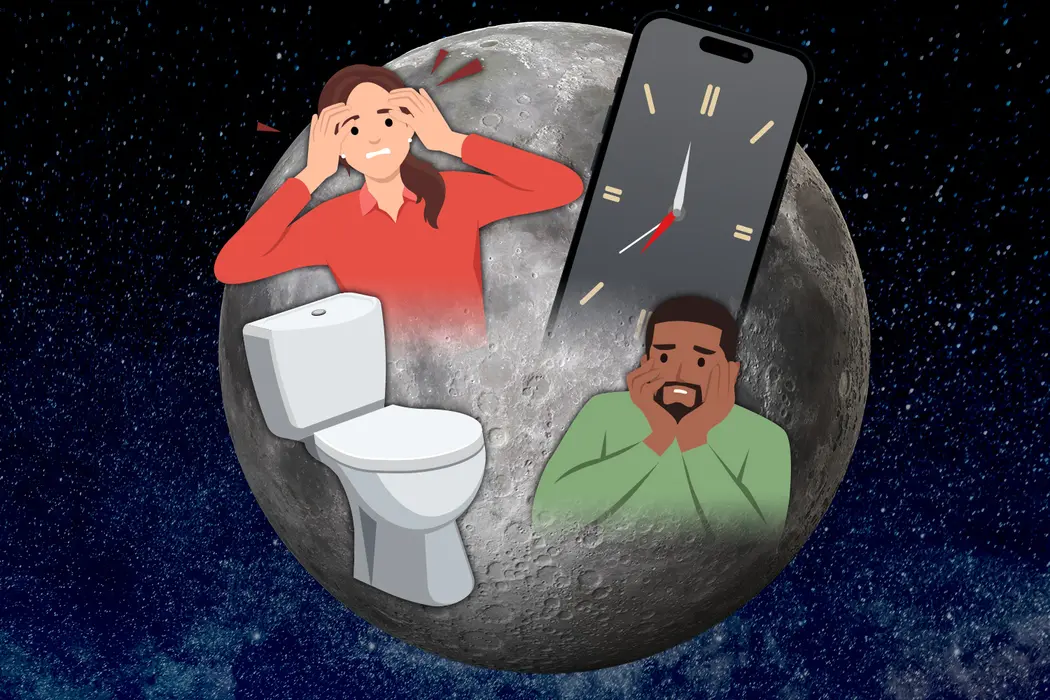
Signs of health issues linked to night waking
